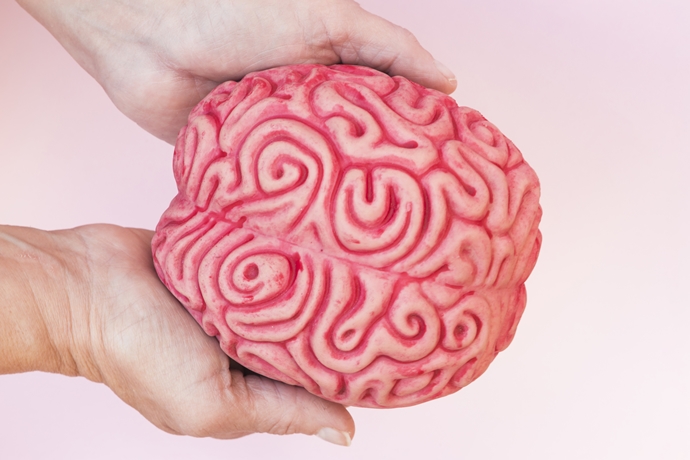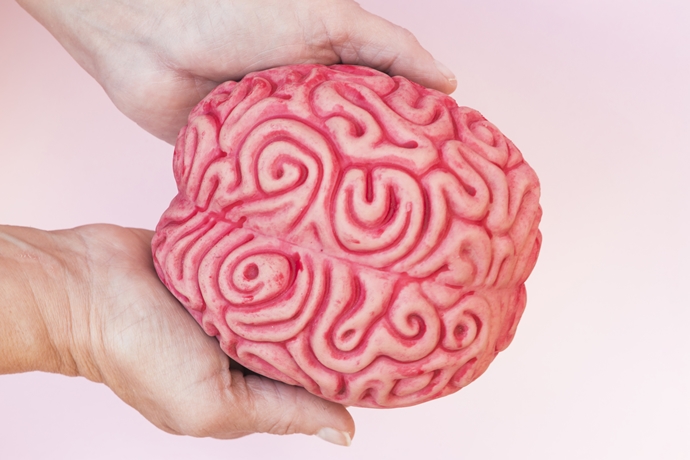
A team of researchers from the Ben-Gurion University of the Negev (BGU) and Cedars-Sinai Medical Center in Los Angeles have just published details of an important breakthrough which could change the face of personalised medicine.
They have managed to duplicate a patient’s blood-brain barrier (BBB) using stem cells. This could make it much easier to create personalised treatments for neurological disorders like Allan-Herndon-Dudley syndrome and Huntington’s disease.
The research is a collaboration between Dr. Clive N. Svendsen, of Cedars-Sinai Medical Center in Los Angeles and Dr. Gad Vatine of BGU’s Regenerative Medicine and Stem Cell Research Center and Department of Physiology and Cell Biology. It was published in the journal Cell Stem Cell.
The blood-brain barrier consists of endothelial cells that are wedged very close to each other, forming tight junctions. It prevents toxins from moving from the bloodstream and into the brain where they can cause damage. Unfortunately, the blood-brain barrier also prevents therapeutic drugs from reaching the brain.
Many neurological disorders have been linked to defects in the blood-brain barrier, including multiple sclerosis, Alzheimer’s disease, epilepsy, and Huntington’s disease.
The researchers began by creating genetically modified pluripotent stem cells from the blood cells of a patient. Pluripotent stem cells are powerful cells capable of changing into any other type of cell within the human body. These cells were placed on a microfluidic BBB organ-chip, which has tiny channels lined with living human cells and tissues.
This chip replicates the physiological and mechanical aspects of natural cells within the human body — including the blood-brain barrier. When the chip is created using cells from a person with a congenital neurological disorder like Herndon-Dudley syndrome, it also retains that disorder. In effect, it is creating a personalised model of the patient’s BBB.
The researchers can then test personalised medicines on the chip to determine if they will help the patient. Having the chip available will also help researchers get a better understanding of congenital neurological disorders.
Source: Researchers develop first blood-brain barrier chip using stem cells
{{cta(‘d62560c2-336a-4f88-9683-44a37a5bd7fd’)}}


